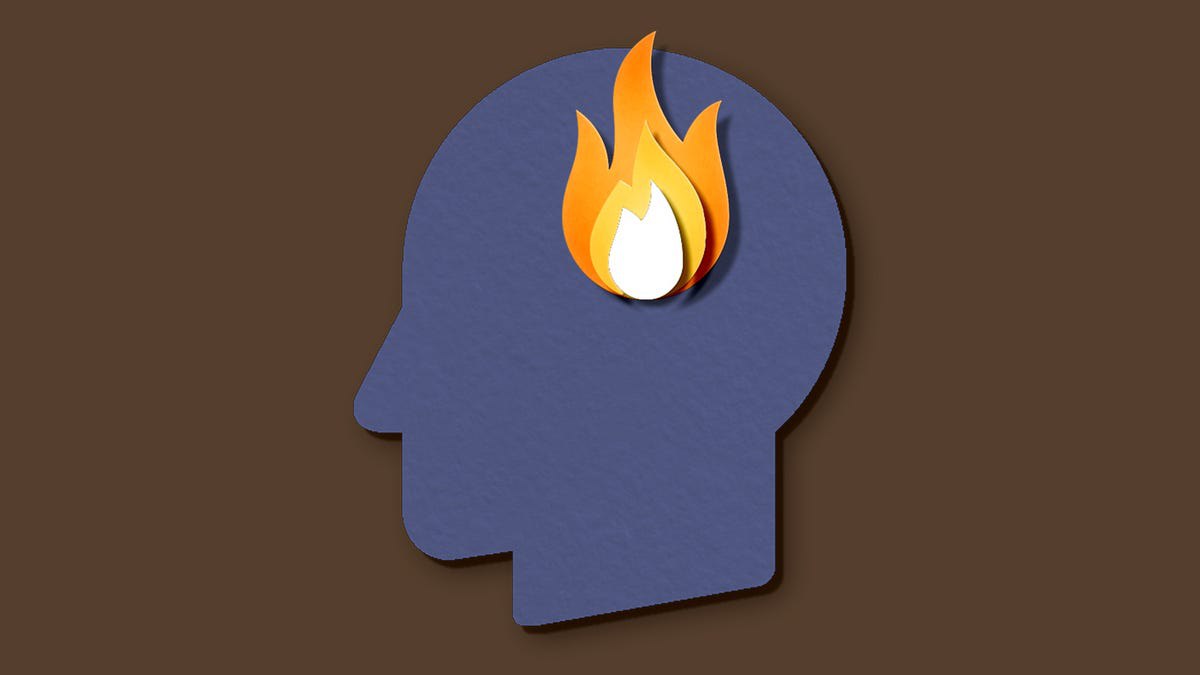What Is The Secret Of Getting Rid Of Job Burnout?
Burnout Is Very Common In Today’s World Of Growth And Development, But The Secret To Less Burnout And Greater Productivity Is In Something You Least Expect.
Although the definition of burnout depends on your interpretation, the World Health Organization has mentioned it as a response to stress at work. It is associated with feelings of fatigue, negativity, pessimism, mental distance from work, and feelings of ineffectiveness or lack of effectiveness.
It categorizes the achievement of goals. But burnout can also come from other life situations, such as being responsible for caring for someone, feeling lonely, or not having time to do what you love.
Burnout is a condition that occurs after experiencing chronic stress and is accompanied by extreme fatigue.
Has this situation happened to you? If so, you are not alone because burnout can affect anyone, employed or unemployed. Recently, it has gained more attention in some industries, including healthcare, where the workforce was overstretched during the coronavirus pandemic. But according to some estimates, it is increasing everywhere. Women and young workers may also be more affected.
Burnout can affect your health and cause you to change your diet and disrupt your sleep But the excellent news is that burnout is a solvable problem, so you need more rest or reduce your hours.
Some ways to improve this problem include setting boundaries between your work and home life, saying no to tasks you don’t have time to complete, and swapping what you “must” do for the week with what you want to do. Give and be, But one of the easiest ways to deal with burnout is to sleep.
Sleep more to think less.
Anyone who has ever experienced the nagging feeling of falling behind on something might be able to get a little ahead of the day by going to bed late and waking up early. But while it may sometimes be necessary to get back on track by completing a backlogged project in the wee hours of the morning, if you routinely try to overcome burnout by cutting back on sleep, you’re putting yourself in a painful position. You have placed. Also, the quality of the work you are trying to do may decrease.
Lack of sleep can turn an adult’s mind into a toddler’s brain
Shelby Harris, the clinical psychologist who developed the Five Languages of Sleep, answered whether sleep deprivation could turn an adult’s brain into a toddler’s.
Sleep is essential for our cognitive flexibility, allowing us to respond to the environment and adapt to changes. Since your ability to respond to and prevent burnout depends on your ability to recognize when you’re overstressed or overworked and then find ways to reduce stress, you’ll see how sleep plays an important role. It prevents wear and tear.
In addition to other vital functions for health, sleep helps us do things to prevent burnout. Processing memories, increasing concentration, and managing stress are among these tasks. In addition, sleep also improves our perception of the world.
Sleep for about seven hours is essential for our cognitive function and emotional processing, so not having it can cause a change in our mental state in such a way that, with slight discomfort, we feel that the world has collapsed on our head and this problem It can no longer be solved.
Anyone who has ever spent time with a young child working through a conflict can agree that sleep deprivation can lead to toddler-level problem-solving abilities.
To help reinforce the idea that if you spend more time sleeping and less time problem solving, your performance, and satisfaction with what you do will improve. You should think of your brain as a computer and sleep as its charger.
Treat your sleep routine like your laptop charger.
We know that lack of sleep reduces reaction time and that good quality sleep is associated with higher academic performance among students and higher professional salaries. The better you treat the device, the better it works for you. That means closing your laptop, plugging it in to charge, and sometimes leaving it alone.
If you’re like many people who have experienced burnout, you may have trouble separating your workplace from your home, such as your bed and sleep; if so, following CNET’s tips for working from home and setting boundaries can be helpful. Simple things like avoiding opening your laptop in bed can help you get the needed charge.
If poor sleep is a problem, you might consider completely revamping your bedroom or wherever you sleep. Simple changes like reducing the volume and lowering the room temperature may help.
If you need to help sleep better, read more about the different sleep languages and tips specific to each language, and here’s how to create the best environment for quality rest.
Finally, remember that burnout doesn’t have to be permanent.











